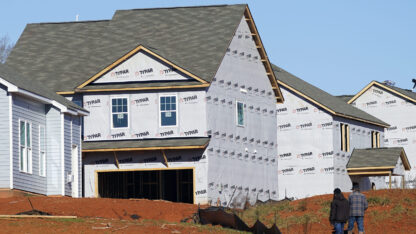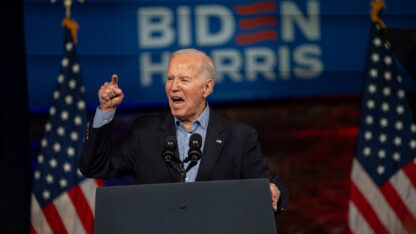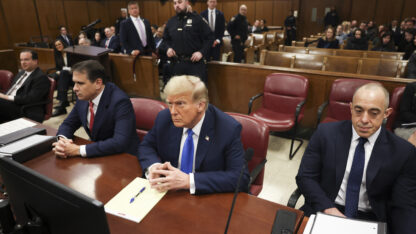Ga. Rep. Proposes Tax Credit For Rural Hospital Donations
A state representative from metro Atlanta is proposing a measure to help fund the state’s struggling rural hospitals. The bill, sponsored by Rep. Geoff Duncan, R-Cumming, would allow corporations and people to claim a state tax credit when donating to rural health care nonprofits.
“I think it’s one of the biggest issues we’ve got in Georgia. I think it’s a problem that just doesn’t only affect rural areas, it’s also now affecting urban areas,” Duncan said.
He said as hospitals in rural areas go out of businesses, people have to travel to urban areas to find treatment.
In the past several years, at least four rural hospitals have closed, and there are up to 10 that are relying on their counties for financial help, said Jimmy Lewis, CEO of Hometown Health, an association representing about 50 rural hospitals in the state.
Lewis said Duncan’s measure to allow people to claim tax credits on rural hospital donations is a big deal.
“That’s an extremely lucrative thing for an industry that is extremely distressed,” he said.
Lewis said rural hospitals are having a hard time getting paid for treating patients. Some hospitals can get money from the federal government to help pay for the low-income insured, called “Disproportionate Share Hospital” payments, but those payments will run out soon, he said.
“We’re not in Medicaid expansion and we’re going to get cut the disproportionate share so it’s a real problem,” Lewis said.
Duncan’s bill would make up to $250 million in state tax credits available for people who want to donate.
“The goal is to create an immediate impact – financial impact – on those local hospitals to keep their doors open,” Duncan said.
But Tim Sweeney, deputy director of policy at Georgia Budget and Policy Institute said there could be more efficient ways of using that same amount of money.
“The distribution of dollars would probably be a little haphazard and potentially a little random,” Sweeney said.
He said for example, it would be easier for well-to-do hospitals to get more of those donation dollars.
“The communities with the greatest need from a rural health care standpoint would be the ones that are least able to take advantage of this and then we haven’t really addressed the core problem,” he said.
Sweeney said those dollars could be better spent directly to expand Medicaid. State Democrats have pushed to expand Medicaid, while state Republicans have said it would be too costly in the long-run.
While Hometown Health CEO Lewis said there are no silver bullets to help rural health care, the proposal to funnel donations to rural hospitals right now is significant, he said.
“It’s extremely important for a rural hospitals to be able to do this,” Lewis said. “Because absent this – as we have already learned – the funding is drying up at such a rate that, there will be additional closures if we don’t find a way to circumvent this.”








